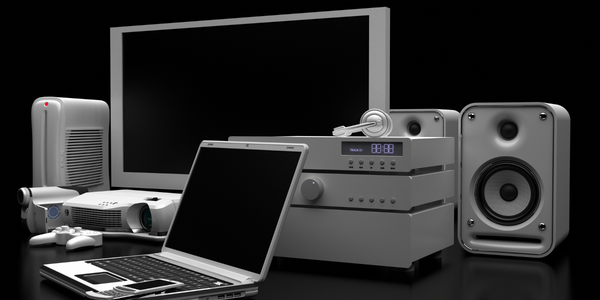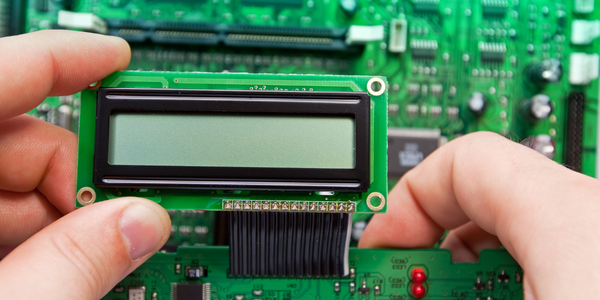下载PDF
Precision Wearable Biometrics Provider, Valencell, Selects Arxan to Protect Intellectual Property

技术
- 网络安全和隐私 - 应用安全
适用行业
- 电子产品
适用功能
- 产品研发
用例
- 网络安全
挑战
该公司将多年的研究和开发投入到他们的生物识别传感器技术中。他们希望确保其独特的专利知识产权 (IP) 不会因应用程序攻击(例如逆向工程或代码篡改)而受到损害或克隆。鉴于可穿戴设备市场竞争压力的增加以及客户与消费品制造商和潜在的第三方开发商合作的分销模式,这一点尤为重要。尽管在 NDA 下获得专利和保护,但在合作伙伴努力将其可穿戴产品转变为生物识别可穿戴设备时,公司的代码和 IP 在集成期间共享其技术(以 SDK/库的形式)时可能会暴露。客户还需要易用性和灵活性,以便他们的专有技术首先可以轻松保护,然后在另一个第 3 方应用程序中使用。因此,该解决方案需要满足各种移动/物联网平台的严格资源消耗要求。
客户
瓦伦塞尔
关于客户
Valencell 是精密可穿戴生物识别技术的先驱公司,开发高性能生物识别数据传感器。该公司将其技术授权给消费电子产品制造商、移动设备和配件制造商、运动和健身品牌以及游戏
解决方案
Valencell 寻求满足其保护要求的应用程序安全解决方案,以防止应用程序攻击。他们已经熟悉 Arxan 作为应用程序安全领导者的声誉,因此选择 Arxan 代码保护解决方案来提供同类最佳的应用程序保护。该解决方案提供了针对静态或运行时逆向工程或代码修改攻击的自我防御和防篡改属性。该过程包括一个简短的评估期,在此期间,围绕几个关键性能和安全指标的强度来衡量成功。 Arxan 代码保护在 Arxan 安全团队的风险识别/缓解技术和应用程序安全最佳实践方面得到了有效应用。
收集的数据
Data Security
运营影响
相关案例.

Case Study
Remote Temperature Monitoring of Perishable Goods Saves Money
RMONI was facing temperature monitoring challenges in a cold chain business. A cold chain must be established and maintained to ensure goods have been properly refrigerated during every step of the process, making temperature monitoring a critical business function. Manual registration practice can be very costly, labor intensive and prone to mistakes.

Case Study
Cloud Solution for Energy Management Platform-Schneider Electric
Schneider Electric required a cloud solution for its energy management platform to manage high computational operations, which were essential for catering to client requirements. As the business involves storage and analysis of huge amounts of data, the company also needed a convenient and scalable storage solution to facilitate operations efficiently.

Case Study
Leveraging the IoT to Gain a Competitive Edge in International Competition
Many large manufacturers in and outside Japan are competing for larger market share in the same space, expecting a growing demand for projectors in the areas of entertainment, which requires glamor and strong visual performance as well as digital signage that can attract people’s attention. “It is becoming more and more difficult to differentiate ourselves with stand-alone hardware products,” says Kazuyuki Kitagawa, Director of Service & Support at Panasonic AVC Networks. “In order for Panasonic to grow market share and overall business, it is essential for us to develop solutions that deliver significant added value.” Panasonic believes projection failure and quality deterioration should never happen. This is what and has driven them to make their projectors IoT-enabled. More specifically, Panasonic has developed a system that collects data from projectors, visualizes detailed operational statuses, and predicts issues and address them before failure occurs. Their projectors are embedded with a variety of sensors that measure power supply, voltage, video input/ output signals, intake/exhaust air temperatures, cooling fan operations, and light bulb operating time. These sensors have been used to make the projector more intelligent, automatically suspending operation when the temperature rises excessively, and automatically switching light bulbs. Although this was a great first step, Panasonic projectors were still not equipped with any capability to send the data over a network.








